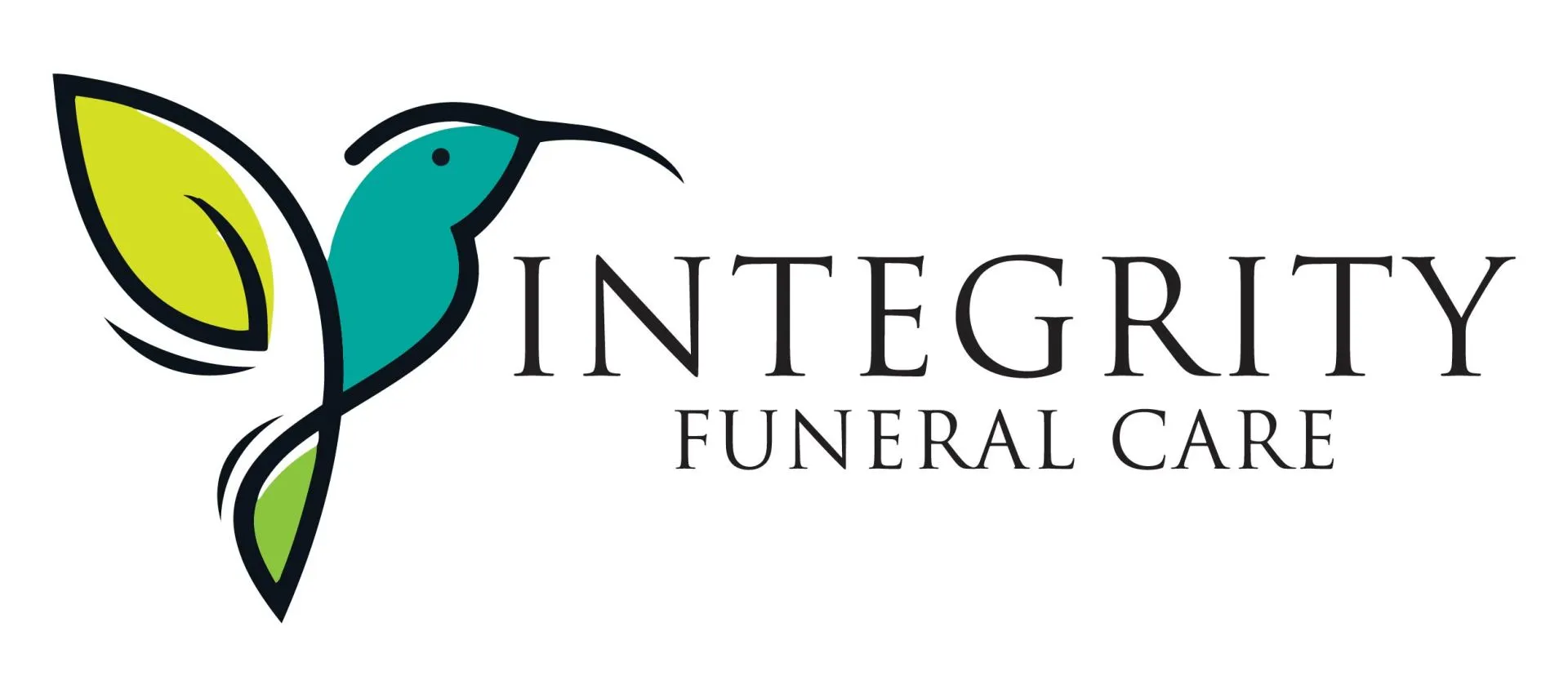Our Story
Paul's story
Six years ago, my sister and niece took their own lives together in one terrible, completely unexpected violent moment. The death of someone you love is hard enough to cope with, particularly when it happens without warning. To lose two of those closest to me at one time in such a way is impossible to describe. The confusion, the shock, the guilt, fill your mind and, for a time, rational thought becomes a stranger.
If there’s one thing you need at a time like that it’s for the professionals to take charge. There is a tendency for families mourning someone who’s taken their own life to try to spend their way out of guilt. It’s not a conscious thing, it comes from deep within. It’s the feeling that you couldn’t possibly have done enough for them when they needed help but that somehow you can make up for it now by lavishing every expense on their funeral. At this stage, a good funeral director will step in and gently try to help the family understand that they don’t need to do this. It won’t help the deceased and it won’t help them either. When my sister and niece died, we wanted to buy the best casket - bearing in mind we needed two. We wanted to have a big cortege of limousines. We wanted a big display of floral tributes – anything to make it a really extravagant affair. Since becoming a funeral director it’s a situation I’ve been faced with on too many occasions, and it requires the sensitivity to say, “You don’t have to do this.”
Some time ago we had a family come to us who wanted to spend in excess of £3,000 on a casket for cremation. We quietly tried to reason with them and eventually they did go for a somewhat less expensive option but it was a battle. We recently looked after the family of a man who took his own life and, as is common in the Afro-Caribbean community who form the bulk of our clients, they wanted an open casket to view the body. The reality was the deceased hadn’t been found until four or five weeks after death, and we had to explain as sensitively as we could that an open coffin was out of the question.
It is specifically for people like this that I wanted to become a funeral director. Grief is not a one-size fits all emotion. Everyone goes through mourning in a different way. For some it's totally debilitating. Others are more self-contained and can compartmentalise to some degree. The one constant is that however they might seem on the outside, everyone who’s suffered a loss needs support, and it’s our job to give what we can to lend an expert hand. A good funeral director will become a full-on project manager and take charge of as much as the family want and will allow. We try to emphasise the lasting things, the promotion of good memories. That’s why we believe a really personalised Order of Service booklet is something to channel their thinking towards. They can include letters and poems to the deceased, tributes, pictures, song lyrics – and that’s something they can treasure and look back on as a biographical account of the life lived. It’s a fraction of the cost of the casket but it’s an everlasting reminder, shaped the way the family wanted it.
Compiling those memories, speaking from the heart, can go a long way towards healing, and that’s what funerals are for. They’re a formal means to say goodbye to a loved one, certainly, but they’re also about the people who are left. Coming together to celebrate someone who’s passed is also a way to remind ourselves of the family and dear friends we still have. People sometimes ask me why I love my job as a funeral director so much. The answer is simple. What greater satisfaction could there be than to be able to help people come through the most difficult days of their lives not only in one piece but looking forward? We deal with the end of life, but also with its continuation, and nothing could be more fulfilling than that.
Sharon's story
I’ll be honest. When I was a little girl, I didn’t have this dream that one day I would be a funeral director. I’d built a career in IT and Paul worked in financial services and while it was something he’d mentioned in passing before, there was no great plan.
Then we had a terrible eighteen months, where we lost Paul’s sister and niece and my dad and mum in quick succession. We quickly found out that not all funeral directors take quite as much time and trouble and care as one would want. We’d decided to give my mum a red casket – red and black were her favourite colours. I went to visit her in the funeral home and in the dimly lit chapel of rest it looked to me like the coffin was actually brown – a colour we would never have chosen. The lady looking after me assured me it was red, but I insisted on wheeling my poor mum closer to the light and red it most definitely wasn’t. They were able to change it in time but I did think, “How could you get something so important to us so wrong?” It didn’t exactly fill me with confidence.
On the day of the funeral, on the way to the service, they called us to say they didn’t have enough pall bearers and could we find some volunteers from the congregation. We had to ask family members to literally shoulder the burden with minutes to spare. It all just reinforced that feeling we’d both had that the undertakers we’d used weren’t with us. They weren’t thinking, “What can we do to make this unique, emotional, poignant occasion as good as we possibly can for these people who are grieving?”
Disappointed as we both were with the lack of care and attention to detail we’d experienced, the decision was made soon afterwards to set up in business for ourselves. It was really daunting at first, but our guiding principle was a simple one – how would we want to be treated and supported if this was our family? We both think about that with every funeral we take on. We work on the basis that if there are things to be arranged including the venue for the service, the burial or cremation, the order of service, the flowers, the vehicles, music, catering, everything really, that we will take those responsibilities away from the family so they can concentrate on the really important thing – remembering and commemorating the person who has passed.
It is so important to make sure that people feel love, that they know you actually care about what they're going through. Having experienced as much death and grief as we have, we know how important it is for people to have that sense that they’re not alone. Integrity Funeral Care is a business of course, but I know I speak for both of us when I say that we would not do it if we felt like we weren’t doing everything we could to make it right for people.
Having been nervous when we first started Integrity, I can now actually say that I absolutely love what we do. I love it because of the reactions people give us when they see how we’ll always go the extra mile to make their day right. Being able to provide that support for people when they’re at such a low ebb is such a privilege. There could be no greater honour than lifting that weight from their shoulders, and seeing them completely living in the event, rather than worrying whether everything is going as it should. Now I couldn’t imagine doing anything else…..


